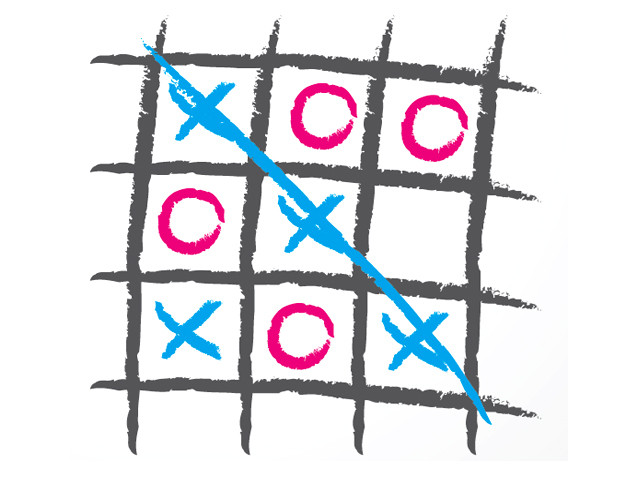Pakistan’s worrying gender gap
Pakistan is going to bump along the bottom of development pond for a long time if it will not invest in human capital

As per usual, the Nordic countries headed the league table. They are all secular democracies with high levels of corporate and individual taxation, universal free education, universal healthcare and low birthrates. All have relatively low rates of violent crime, and are virtually (but not completely) corruption free — the complete antithesis of Pakistan and the other countries clustered at the bottom of the table. Should Pakistan aspire to emulate them? Yes and no. There are cultural and economic reasons for the obvious narrowness of the gender gap in northern Europe, with the subcontinental countries still in recovery-mode from centuries of colonial rule that is going to echo for centuries more, but that should be no excuse for not trying harder. Pakistan could do better but chooses not to — rather its successive governments choose not to. The proportion of the GDP spent on education has dropped since 2006, as has spending on health. If Pakistan chooses not to invest in its human capital, then it is going to bump along the bottom of the development pond for a long time.
Published in The Express Tribune, October 31st, 2014.
Like Opinion & Editorial on Facebook, follow @ETOpEd on Twitter to receive all updates on all our daily pieces.















COMMENTS
Comments are moderated and generally will be posted if they are on-topic and not abusive.
For more information, please see our Comments FAQ